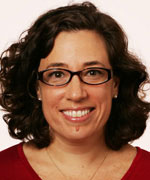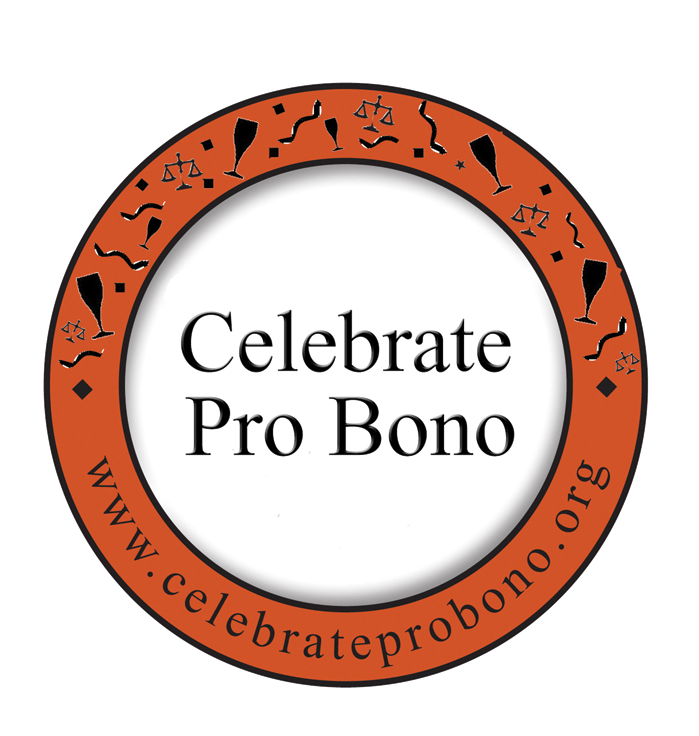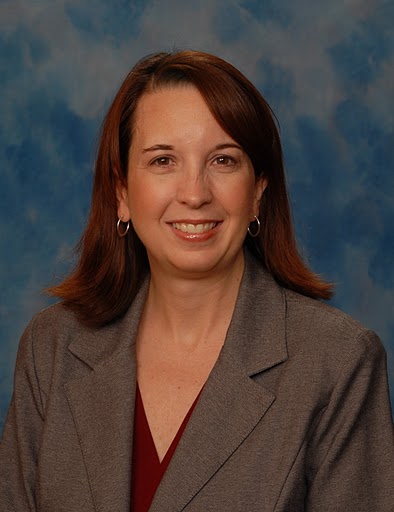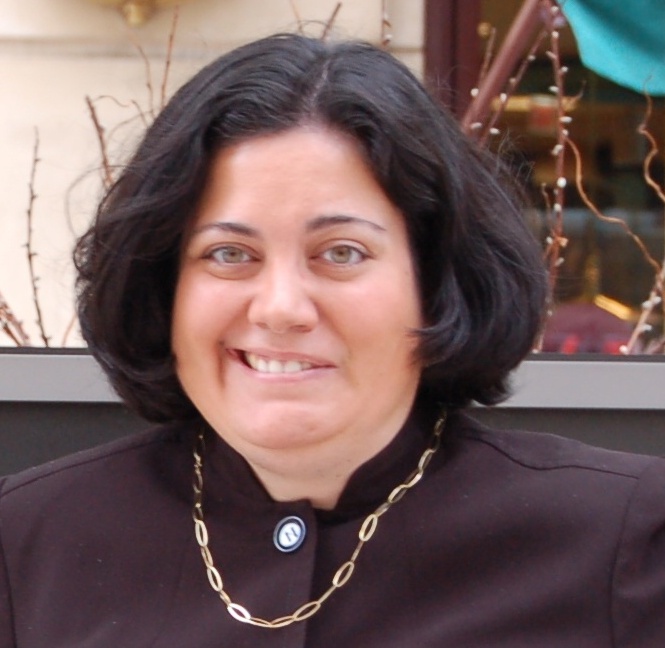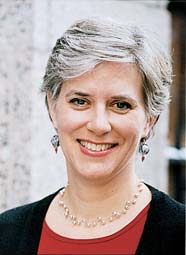Kelly Tautges serves as the Chicago Bar Foundation’s Director of Pro Bono. She had started her career in a large law firm, and after five years moved into the public interest arena, and away from practicing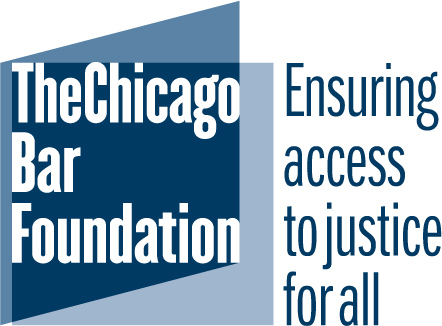 law. These days, Kelly works on several fronts to encourage continued innovation in the delivery of pro bono services to low-income clients, and to promote partnerships between the private and public interest bars. We recently asked Kelly about how the legal services and pro bono communities are set up in Chicago, how her career path has unfolded, and what advice she would offer to aspiring public interest lawyers.
law. These days, Kelly works on several fronts to encourage continued innovation in the delivery of pro bono services to low-income clients, and to promote partnerships between the private and public interest bars. We recently asked Kelly about how the legal services and pro bono communities are set up in Chicago, how her career path has unfolded, and what advice she would offer to aspiring public interest lawyers.
Kelly, tell us generally about the Chicago civil legal services community, and comment on CBF’s role in it.
Chicago is home to a legal aid community that includes around 40 legal aid providers. The providers range from organizations with one or two lawyers to organizations with almost 100 attorneys, and from those focusing on particular subject areas to generalists handling cases in many areas.
Even with this breadth of available legal aid providers in Chicago, the needs of those who cannot afford a lawyer substantially outweigh the available services. There are only about 300 legal aid attorneys in Chicago to serve the more than 1 million people who qualify for their services. In addition, Chicago’s private bar has strong commitment to pro bono work and helps supplement the efforts of our dedicated legal aid attorneys. Despite the hard work happening in our pro bono and legal aid system in Chicago, the majority of low-income individuals are left to attempt to resolve their complex legal problems largely on their own.
The Chicago Bar Foundation (CBF) takes a system-wide approach to improve access to justice by bringing together all of the stakeholders—including legal aid organizations, the courts, law firms, and individual lawyers—to strengthen and improve Chicago’s pro bono and legal aid system. Very generally, the CBF works to advance the work of our community’s pro bono and legal aid organizations, supports our legal aid attorneys and works to make the courts more user friendly. We accomplish our work through grants, advocacy, pro bono and other partnerships. The CBF is funded primarily though support from individual lawyers, law firms and corporations.
My role at the CBF is to focus on pro bono: helping people get involved with pro bono, working with organizations and other stakeholders to identify and set up new programs, supporting existing programs and creating collaborations and partnerships to efficiently and effectively involve pro bono volunteers to address client need. I also work on a new initiative called the CBF Legal Aid Academy that provides training and professional development opportunities to legal aid attorneys through the pro bono contributions of legal consultants, lawyers, educators and firms.
and partnerships to efficiently and effectively involve pro bono volunteers to address client need. I also work on a new initiative called the CBF Legal Aid Academy that provides training and professional development opportunities to legal aid attorneys through the pro bono contributions of legal consultants, lawyers, educators and firms.
How badly has the recession affected your funding of legal services, and other funding sources?
Like most communities, many major sources of funding for legal aid in Chicago, especially state support and IOLTA funding, are under severe stress. At the same time, a lot of great things are happening here that demonstrate the legal community’s strong support of the pro bono and legal aid system. For example, we just finished the CBF’s 4th Annual Investing in Justice Campaign, which raised more than $1.1 million to support Chicago’s pro bono and legal aid organizations. 80 firms, corporate legal departments and other organizations participated this year, up from 54 firms and organizations last year. More than 2,500 individual attorneys personally contributed to the campaign, up from about 2,000 individuals last year. The Campaign is a great example of how Chicago’s legal community is coming together to support our pro bono and legal aid system even in these challenging economic circumstances.
You began your career at a law firm and subsequently transitioned to CBF. Why, and how did the discernment process play out for you?
In many ways, I took the path of least resistance when I first graduated from law school and started my career at a large Chicago law firm. I was lucky to graduate at a time when good jobs were plentiful, and I received an offer from the firm where I was a summer associate. I took this law firm job because I was concerned about my debt, knew that I liked and respected the people in my department, and was confident that I would get great litigation experience. Just over the five-year mark, though, I knew that it was time for me to leave my law firm practice. Volunteerism and service have always been a big part of my identity, and while my pro bono work while in private practice was rewarding, it was not enough. I wanted to work in the public interest full-time. I decided to take the leap, and I left the firm.
After some time off, I began looking for a public interest position. I knew it would be tough, and I was right. Even though it took some time and rejection, though, I found a position that was a perfect fit for my background and skills. The CBF had just announced the Director of Pro Bono position, which was new at the CBF. I feel very fortunate that I was able to find and be offered such a wonderful position.
What advice do you offer law students who are on civil legal services career paths but who are scared about economic conditions?
My advice would be to stick with the commitment of working in legal aid, but to be flexible and open-minded about the route that may be necessary to get a legal aid job. There are many different ways to make a difference and to help people in need, and lawyers may want or need to take positions outside traditional civil legal services as part of their process to ultimately get the job that they want in legal aid. Also, be creative: finding fellowships and identifying areas and organizations that are likely to have new funding are great ways to get into legal services. Finally, I would encourage those interested in legal aid to meet with members of their community’s legal aid network to learn about the legal aid landscape, to identify volunteer opportunities and to find leads for legal aid employment.


